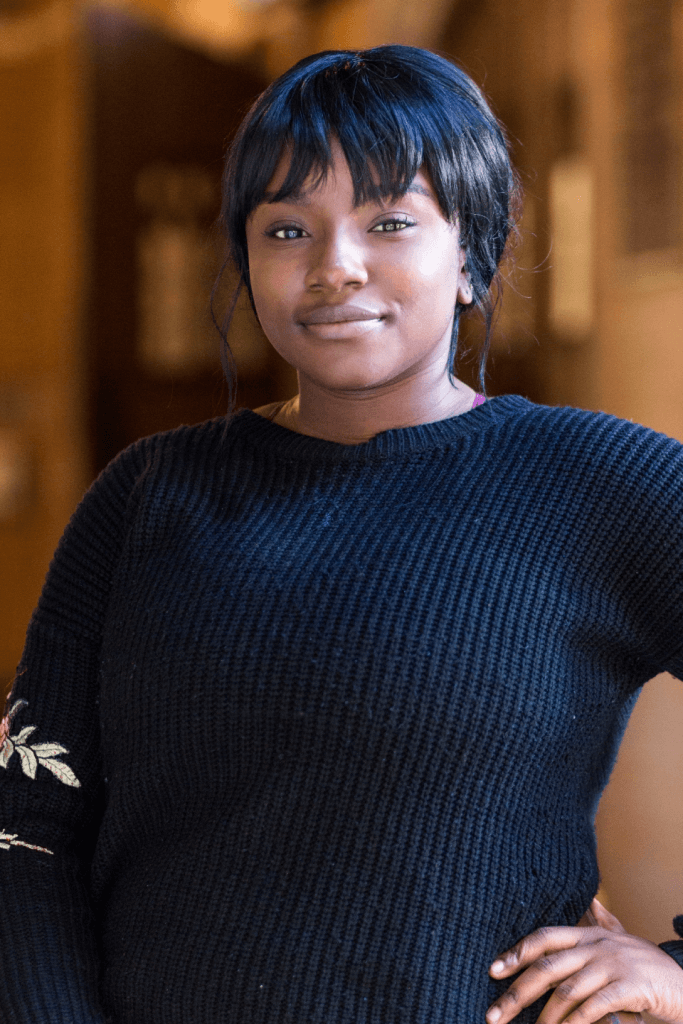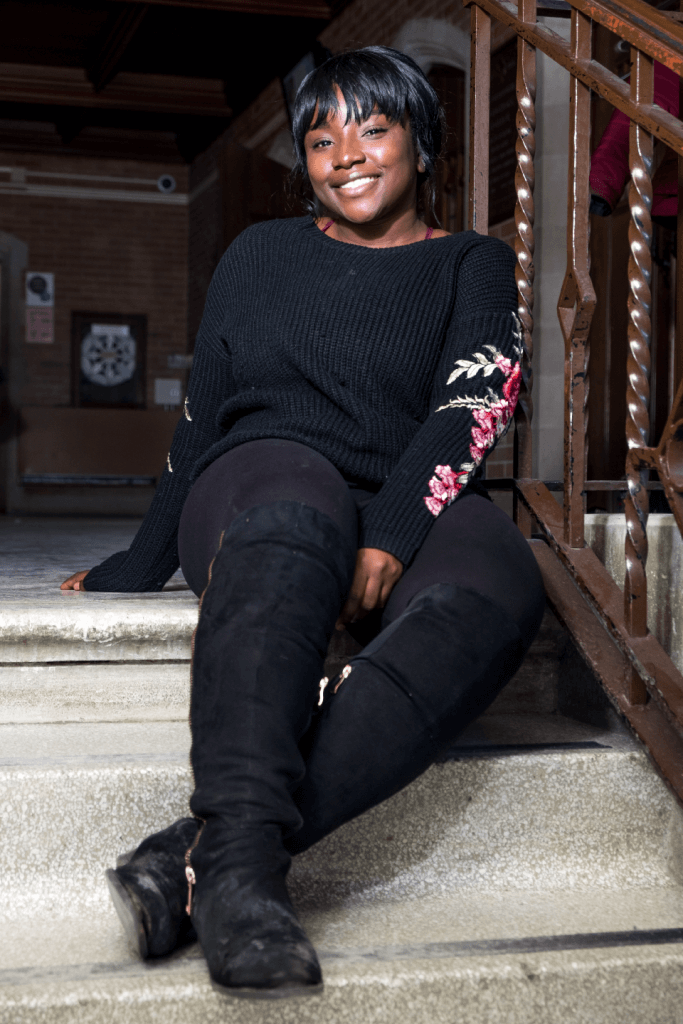1. Can you share an example of a time something really unplanned or unexpected happened and how did you handle it?
As a member of the first graduating class in the Human Behaviour program, I was disappointed to find out that my program does not offer independent research or thesis courses. As a newer program, things were not fully solidified in the program at the time that I enrolled; I was extremely disappointed to find out this was the case.
At first, I was a bit angry, but I realized one mishap should not define the experience I get for my undergraduate career. I realized that I can take the initiative to guide my education. So I sought research positions outside of McMaster and gained the knowledge and skills I think will be of great value to me in my future career.
2. Have you ever experienced a time when you felt there was a barrier in your way? How did you manage it?
When I first came to McMaster, my GPA took a blow and I was shut down. It was discouraging to see the decline in grades in contrast to the high 80s and 90s I was getting in high school.
After reflecting on my study methods and how I was grasping the information presented to me throughout my courses, I realized that the university curriculum is very different from that of high school and to succeed I must change a few of the habits I had coming in. I came back in second semester being my own competition and motivated more than ever to get myself back up from the slump I was in.
I felt like the testing methods were a barrier and that multiple-choice was not for me. I had to find new ways to understand information. I also noticed that typing was not the best way for me to grasp the information so I found a better way. I started taking handwritten notes, which worked in my advantage.
3. What are you curious about?
I’m curious about the significance of dreams. I find it interesting that we can be completely unconscious during dreams, but our brain is active. Also, I think sleep paralysis is pretty cool and I would love to explore and investigate the mechanisms behind it.
4. What are some of the changes or risks you have taken that you are glad you took? Why?
I auditioned for an acting role. I’m glad I took this risk because it reaffirmed what I was looking for to be right for me – acting sure wasn’t it! I did this because as an extroverted individual, I thought I should put my energy into something that was different from what I was used to.
5. What do you find most exciting when you think of your future?
I think my future is bright. I’m optimistic about the change and impact I could have. Ultimately, I would like to work for WHO one day; but truthfully, any chance I get to help people, I would be honoured to take. I just want a better future for not only myself but for the world.
6. We all have uncertainties about our future. What is your tip or trick for handling the unknown?
The fact that I can think about something and come to the conclusion myself means that I am capable of doing it. In a sense, I believe that anything you are brave enough to consider doing, you are in fact able to do. This is what keeps me going and motivated even in times when staying focused is hard.


About Olamide:
Olamide is a third-year Faculty of Social Sciences student, studying Psychology.
Learn more about The Planned Happenstance Project.